The Former Residence of Zhu Ziqing (朱自清故居), a renowned figure in modern Chinese literature and a prominent scholar, is a historical gem nestled in Yangzhou, China. This residence, built during the late Qing Dynasty, still stands in remarkable condition, offering a unique glimpse into the life of one of China’s literary giants. Among the various places Zhu Ziqing called home throughout his life, the house in Yangzhou holds the distinction of being one of the most well-preserved residences associated with him. Notably, the study and bedroom within this residence have retained their original appearances, serving as a time capsule from Zhu Ziqing’s era. In recognition of its historical significance, this site was designated as a municipal cultural relic protection unit in 1982 and further honored as a national cultural relic protection unit in 2006.
Table of Contents
- Basic Information
- Location and Transportation
- Layout of the Residence
- Who is Zhu Ziqing
- Attractions near Former Residence of Zhu Ziqing
Basic Information
| Estimated Length of Tour | 1 hour |
| Ticket Price | Free |
| Opening Hours | 9.00 – 17.00; Last admission: 16.45 Closed on Mondays |
| Telephone Number | 0514-87331925 |
Location and Transportation
The Former Residence of Zhu Ziqing is situated at No. 27 Anle Lane, Guangling District, Yangzhou, Jiangsu Province, China. It is conveniently located near the Grand Canal, one of China’s most iconic waterways, adding to the historical significance of this site.
Tourists can take bus 18, 26, 32, 86, 88, 89, 99, K1, or K6, get off at Qionghua Taoist Temple Stop (琼花观站), and walk about 300 meters to the southeast to reach the residence.
Layout of the Residence
The two adjacent rooms to the right of the house served as Zhu Ziqing’s study and bedroom during his time living here. Inside, you can find a display of bookshelves, pipes, and scholar’s tools that were donated by Zhu Ziqing’s descendants, making them invaluable relics from his lifetime.
The main hall of the residence functions as the family living room, while the wings on either side were occupied by Zhu Ziqing’s parents and children. The furniture within, including Qing Dynasty wooden chairs, desks, and Eight Immortals tables, was the everyday furniture of the Zhu family. Items like the mantel clock, vases, stone screens, candleholders, and the statue of Guanyin, a Buddhist deity, were typical decorations found in households in old Yangzhou, symbolizing lifelong peace. The couplets hanging on the walls were composed by Kang Youwei, a prominent figure from the late Qing Dynasty, while the landscape paintings are masterpieces by the renowned artist Wang Yuanqi from the Kangxi period, adding to the ambiance of scholarly heritage that permeates the Zhu family residence.
The two large beds, dressing tables, desks, cabinets, and other furnishings in the eastern wing are remnants from the time when Zhu Ziqing’s parents and two daughters lived here.
Who is Zhu Ziqing
Zhu Ziqing was a celebrated modern essayist, poet, distinguished scholar, and democratic activist. Born on November 22, 1898, in Haizhou (now Donghai), Jiangsu, he spent his childhood in Yangzhou after his family moved there. His grandfather, Zhu Zeyu, served as a judicial official in Donghai County during the Qing Guangxu era for over a decade. His father, Zhu Hongjun, assumed a position in Shao Bo Town in Yangzhou in 1901, and two years later, the entire family moved to Yangzhou, where they settled. Zhu Ziqing’s wife was named Chen Zhuyin. During his early years, Zhu Ziqing received his education in private schools, deeply immersed in traditional Chinese culture. In 1912, he entered a high school.
In 1916, Zhu Ziqing gained admission to the preparatory course at Peking University, and the following year, he enrolled in the university’s Department of Philosophy. In 1919, he actively participated in the momentous “May Fourth” patriotic movement and began his literary career, venturing into the realms of poetry and prose. After completing his university education, he taught at various institutions, including Yangzhou High School (now Yangzhou Middle School) and Zhejiang Normal University in Hangzhou. In 1925, he was appointed as a professor of Chinese literature at the University Department of Tsinghua School (now Tsinghua University).
In 1931 and 1932, Zhu Ziqing embarked on a study tour of Western Europe. Upon returning to China, he continued his teaching career, serving at Tsinghua University and Southwest Associated University, devoting his efforts to academic research. After the victory of the War of Resistance against Japan, Zhu Ziqing signed declarations like the “Protest Against the United States’ Pro-Japanese Policy and Refusal to Accept American Aid Flour” and various other statements opposing the reactionary factions of the Nationalist Party.
Zhu Ziqing passed away on August 12, 1948, in Beiping (now Beijing) at the age of 50 due to illness and poverty. The Former Residence of Zhu Ziqing, located at No. 27 Anle Lane in Yangzhou, offers visitors a glimpse into the daily life of the Zhu family during that era. Concurrently, the exhibition showcasing Zhu Ziqing’s life and achievements provides a comprehensive view of his illustrious life. This site stands as a testament to his enduring legacy and the preservation of literary heritage in China.




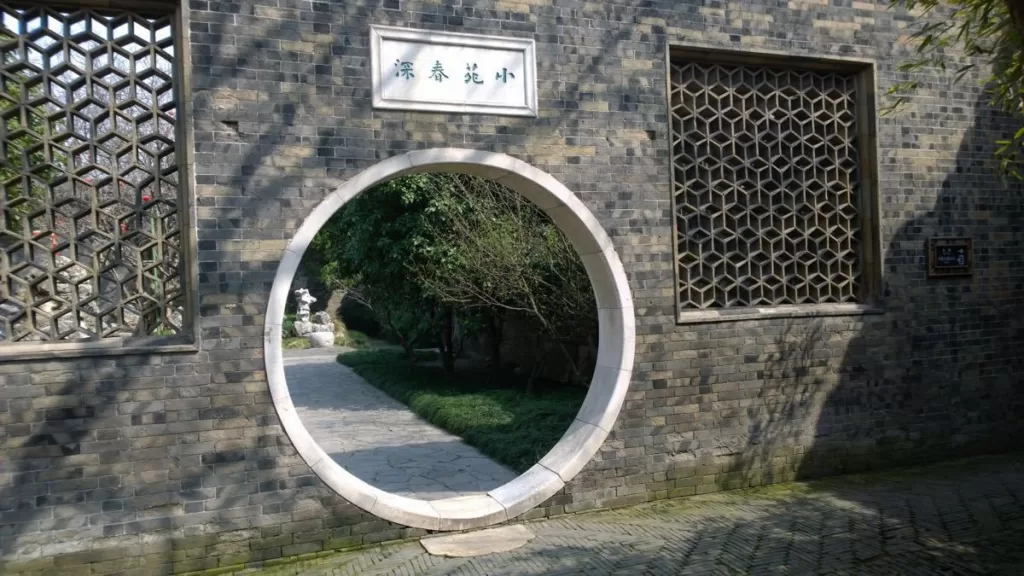


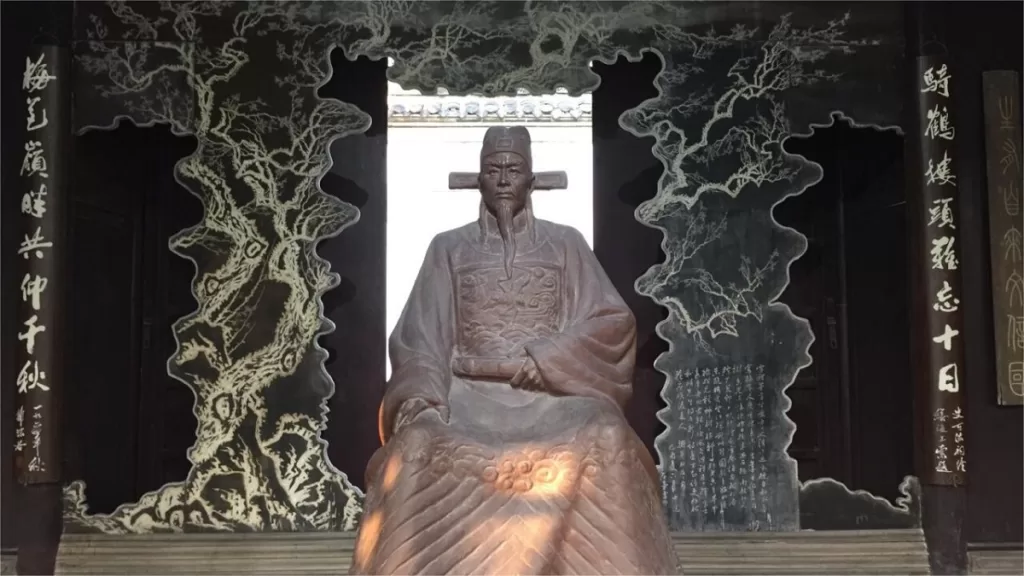

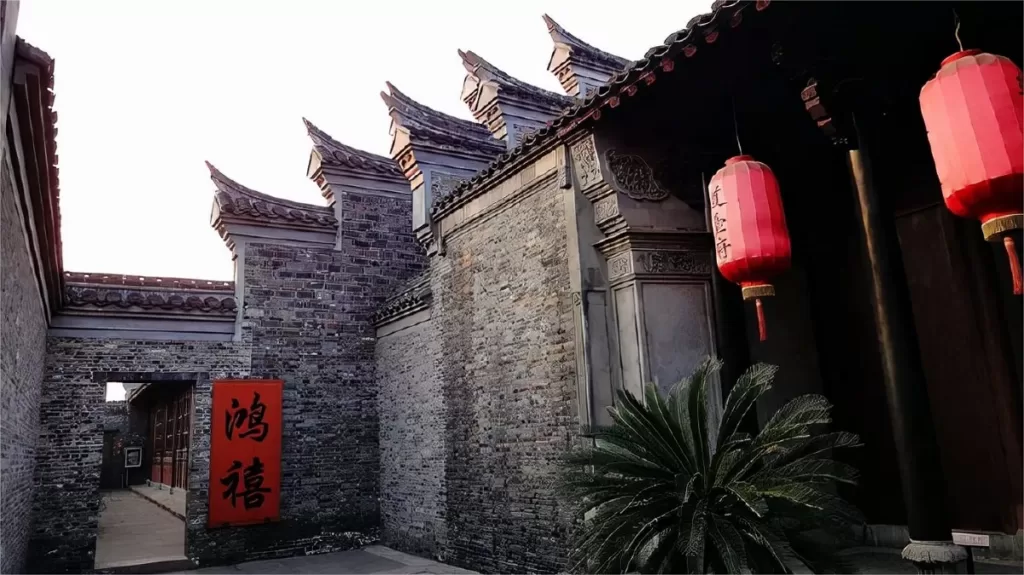

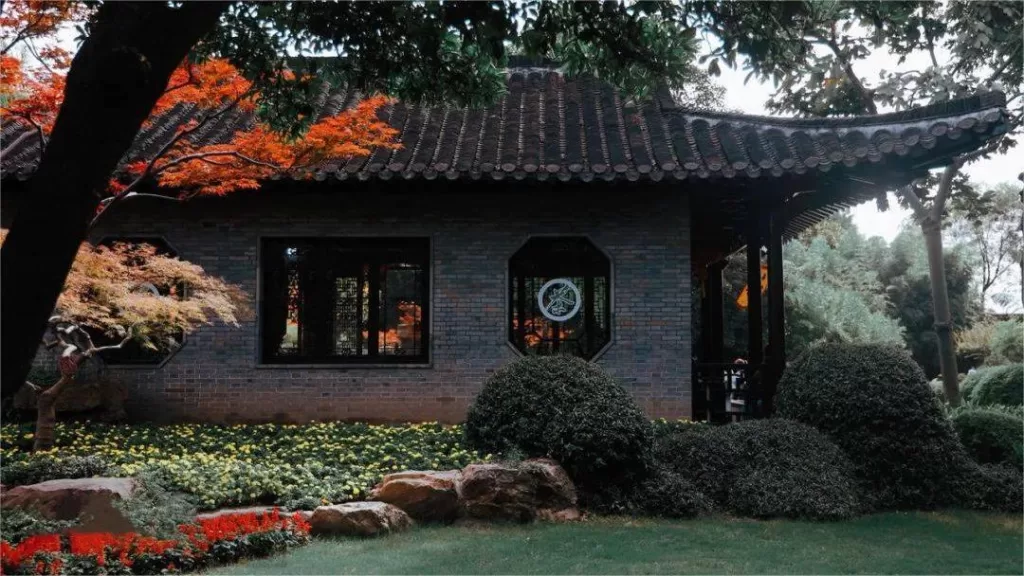
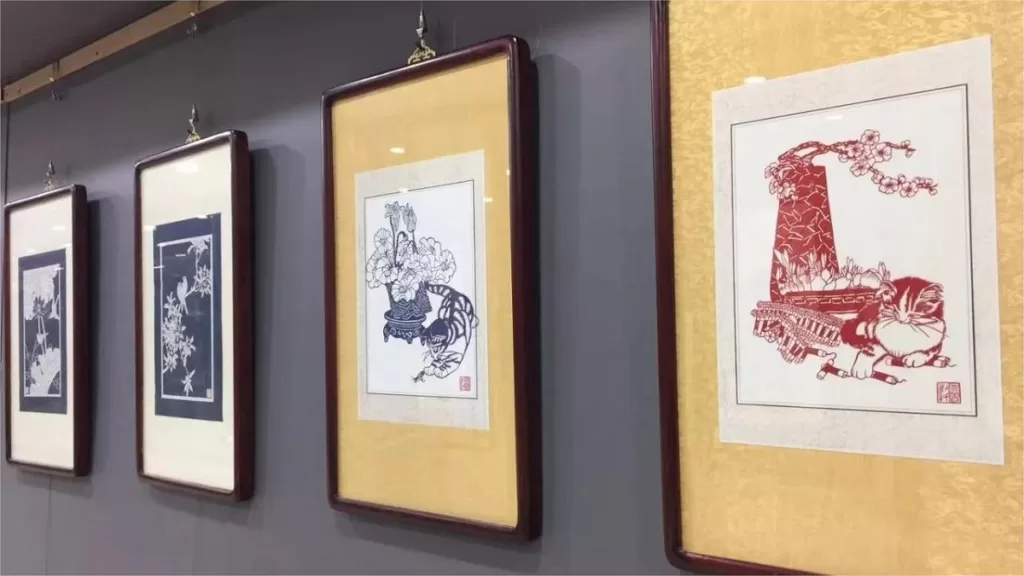

Zhu Ziqing’s Former Residence can be accessed directly from Pishi Street.
There are signs in the middle section of Pishi Street that guide the way, making it easy to find.
The alley is still very peaceful.